The Glute Workout Machine
Rated 5 out of 5 stars (4871 Reviews)
$219.00
Unlock Free Shipping with email and SMS sign-up
HSA/FSA-eligible with Truemed. Get pre-qualified
Strength Training for Soccer
Frequently Asked Questions
Any other Questions? Please reach out!
Frequently Asked Questions
Any other Questions? Please reach out!
Upper Body Exercises
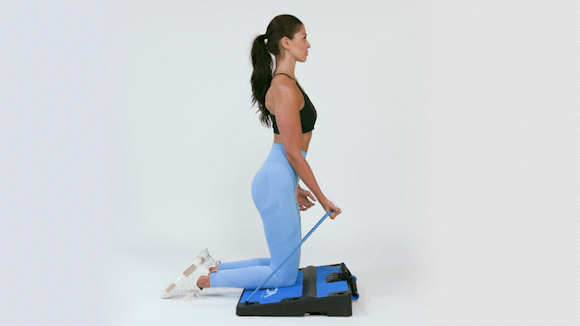
Kneeling Cable Curl
Strengthens the arms for stability in physical plays.

Single Arm Bend Over Row
Enhances shoulder and back strength for core stability.

Seated Overhead Tricep Extension
Builds upper arm strength without bulk.

Standing Tricep Kickback
Increases strength in arms to support dynamic movements.
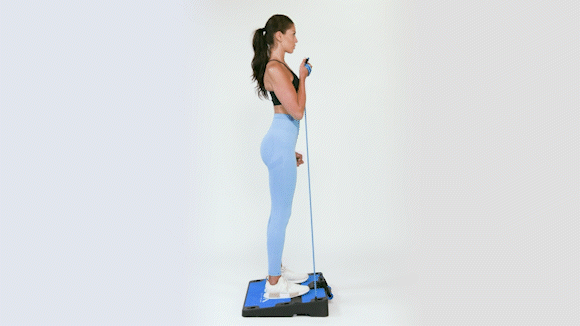
Standing Hammer Head Curl
Supports shoulder and arm endurance.
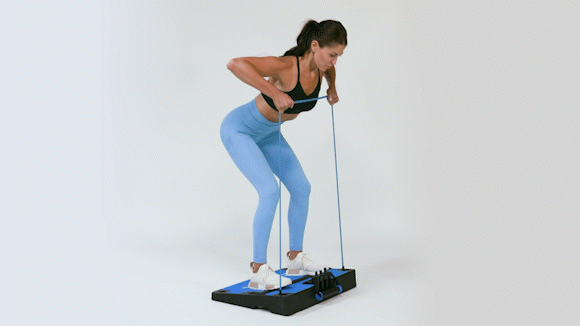
Two Arm Row
Strengthens upper back for balance and power.
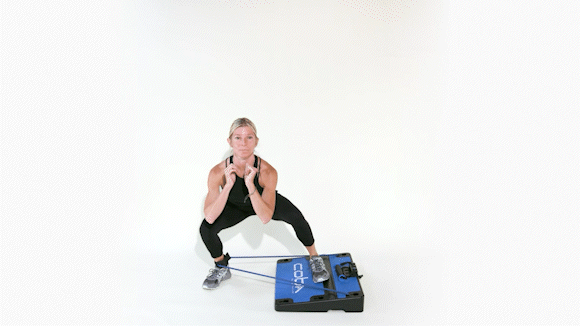
Lateral Side Shoulder Raise
Improves shoulder strength and stability for tackles and ball control.
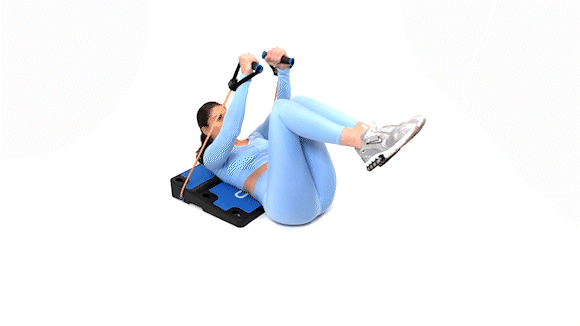
Chest Fly with Crunch
Combines chest strength with core engagement.
Core Exercises
Engage multiple muscle groups in the lower body and enhance balance and coordination.

Abdominal Twist
Builds rotational core strength, helping with sudden turns.

Overhead Crunch
Blog description goes here.
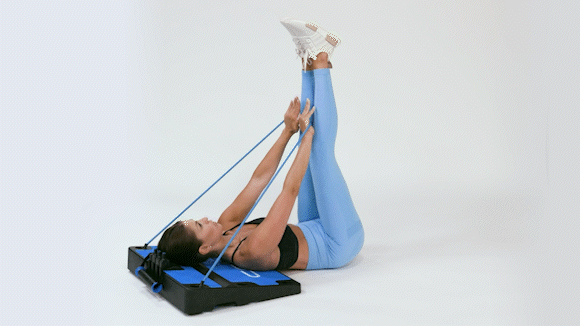
Reverse Crunch Pullover
Develops core and back muscles, aiding in balance.
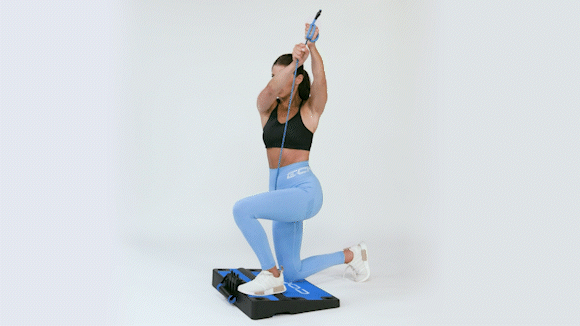
Wood Chop
Supports rotational strength needed for agile movements on the field.

Chest Fly with Crunch
Adds core strength while working on chest stability.
Lower Body Exercises
Engage multiple muscle groups in the lower body and enhance balance and coordination.
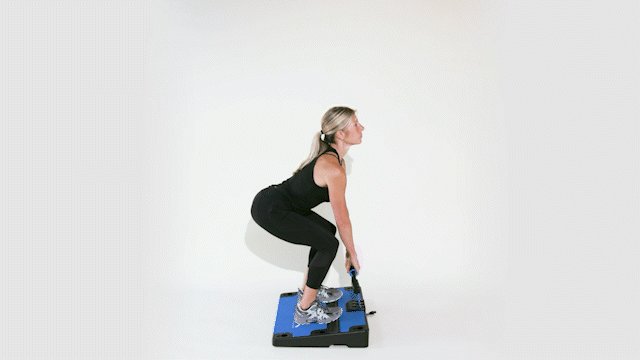
Split Squat
Targets leg strength and balance, essential for single-leg stability.
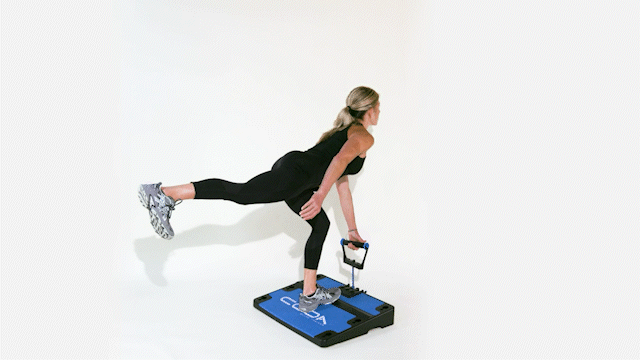
Deadlift and Single Leg Deadlift
Strengthen hamstrings and glutes, preventing lower body injuries.
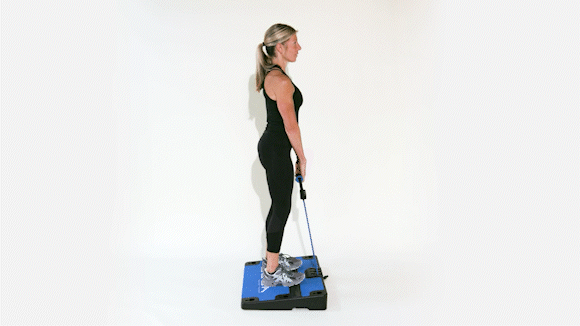
Calf Raise
Improves ankle stability and leg strength.

Lateral Side Step with Squat
Enhances leg strength for quick lateral movements.

Kickback and Donkey Kick
Strengthen glutes and hamstrings, adding stability.
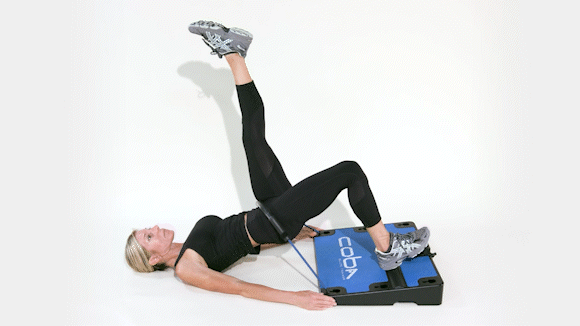
Glute Bridge and Single Leg Glute Bridge
Develop glute strength for acceleration and stability.
Frequently Asked Questions
Any other Questions? Please reach out!
Frequently Asked Questions
Any other Questions? Please reach out!
Lower Body Strength and Agility on the COBA Board
In soccer, powerful legs and quick footwork are crucial for both offensive and defensive moves. The COBA Board is designed to enhance lower body strength and agility, which are key to improving your performance on the soccer field. Here’s how the COBA Board helps build strong, responsive lower body muscles specifically for soccer:

Split Squats
The COBA Board allows for a controlled and balanced split squat, targeting the quads, hamstrings, and glutes. This exercise helps build single-leg strength, crucial for soccer players who often perform off-balance or single-leg movements during the game. Split squats on the COBA Board also improve stability and coordination, ensuring that soccer players can make quick, confident movements on the field.

Deadlifts and Single Leg Deadlifts
These exercises are fundamental for hamstring and glute strength. On the COBA Board, deadlifts focus on controlled movement, helping soccer players increase their lower body power while reducing the risk of injuries like hamstring strains. The single-leg deadlift, in particular, mimics many soccer-specific movements and builds both strength and balance.
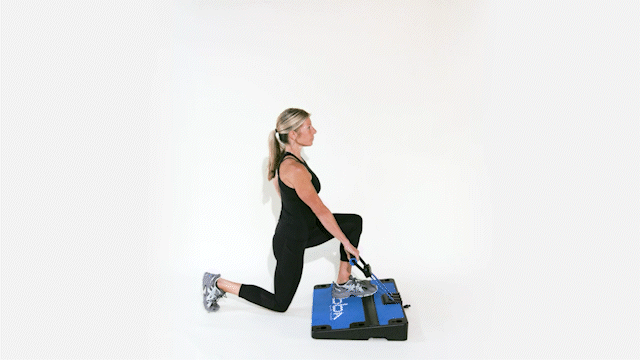
Lunge to Step Up
This movement works on leg endurance and explosive power, making it ideal for soccer players who need bursts of speed. Lunges on the COBA Board engage multiple muscle groups, including the quads, hamstrings, and glutes, while the step-up phase improves vertical power and is great for enhancing your ability to jump and change direction quickly on the field.

Calf Raises
Soccer players often rely on quick sprints, direction changes, and stability during uneven movements. Calf raises on the COBA Board strengthen the calves and ankles, supporting the agility and quick response times needed to pivot and sprint without rolling an ankle. Strong calves also contribute to better acceleration and top-speed control.

Lateral Side Step with Squat
This exercise combines lateral movement with lower body strength-building, targeting muscles like the glutes, quads, and hip stabilizers. Lateral movements are crucial for defensive and offensive maneuvers in soccer, and this exercise on the COBA Board builds strength that supports quick side-to-side movements. Improved lateral agility helps players dodge defenders, maintain balance, and respond quickly in high-pressure situations.
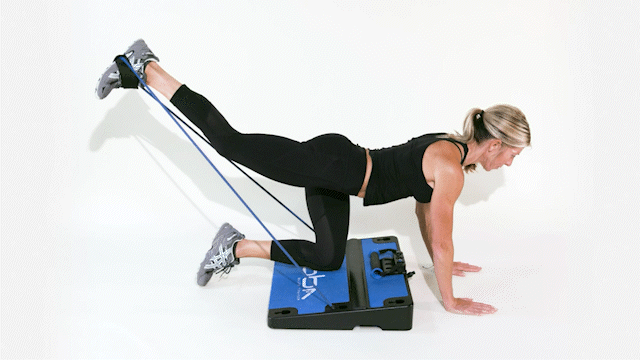
Kickbacks and Donkey Kicks
Strengthening the glutes is essential for soccer players who need power, stability, and explosive force for sprinting, jumping, and shooting. Kickbacks and donkey kicks on the COBA Board are ideal for glute activation and strengthening. They support better acceleration and jumping ability, making it easier to execute powerful movements during gameplay.

Glute Bridges and Single-Leg Glute Bridges
The COBA Board’s design enhances these exercises by allowing soccer players to engage core and lower body muscles simultaneously. Glute bridges develop the glutes and hamstrings, providing a strong foundation for sprinting and quick movements. Single-leg glute bridges further enhance balance and stability, ensuring that each leg develops equally to handle the demands of the soccer field.
Each of these exercises on the COBA Board not only improves lower body strength but also enhances balance, coordination, and explosiveness. By regularly incorporating these moves, soccer players can gain a stronger, more responsive lower body, better prepared for the rapid shifts in direction, high-speed sprints, and powerful kicks that the game requires. The COBA Board’s focus on low-impact strength training also means players can safely increase their strength without risking joint or muscle strain, keeping them game-ready all season long.
Frequently Asked Questions
Any other Questions? Please reach out!
Frequently Asked Questions
Any other Questions? Please reach out!
Frequently Asked Questions
Any other Questions? Please reach out!
Frequently Asked Questions
Any other Questions? Please reach out!
Frequently Asked Questions
Any other Questions? Please reach out!
Frequently Asked Questions
Any other Questions? Please reach out!
















